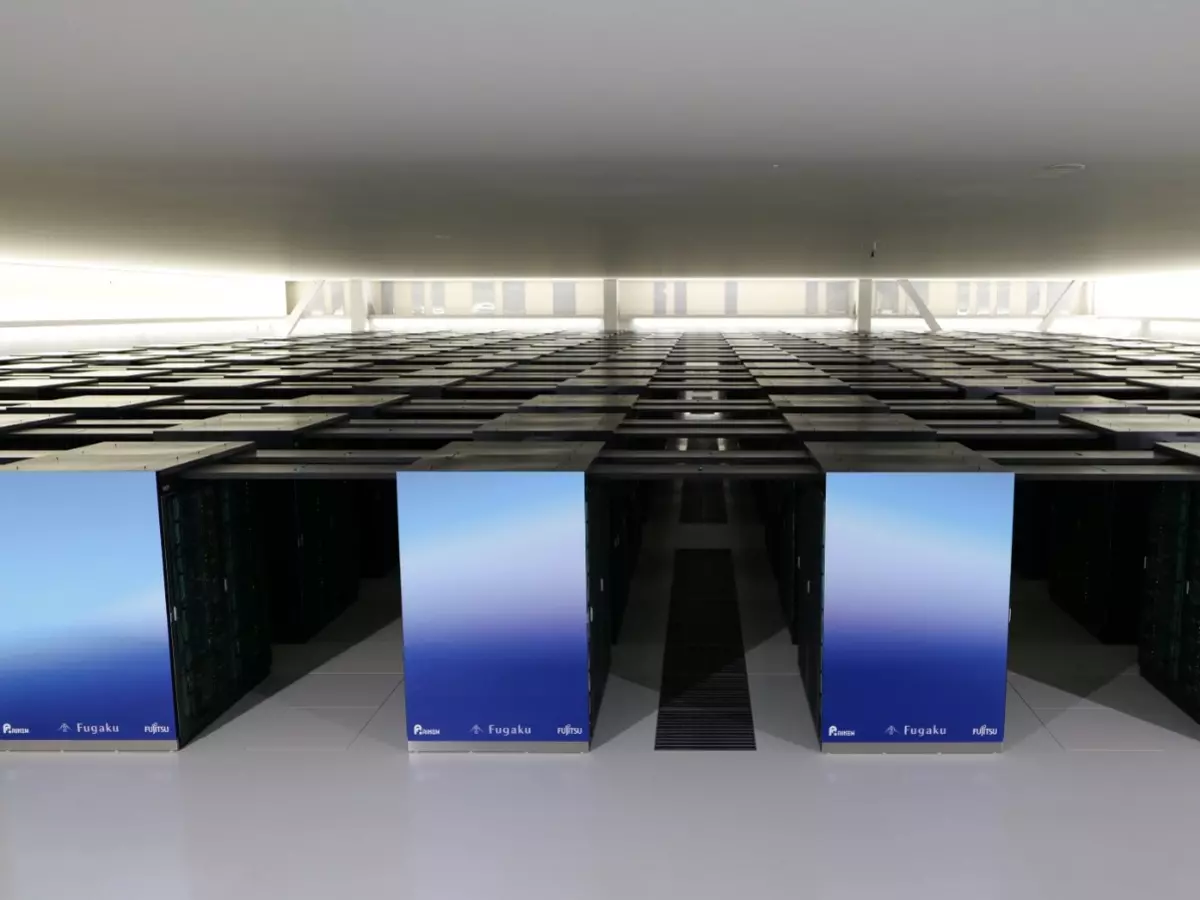Japanese Fugaku Supercomputer Is Now World's Fastest, Twice Faster Than IBM Summit
Developed by Fujitsu, Fugaku is now the world's fastest supercomputer

Japanese supercomputer Fugaku, a brain child of Riken and Fujitsu, has now been declared as the fastest supercomputer on Earth.
In doing so, the Fugaku was able to beat the long-reigning champion IBM Summit this year.
 Reuters
Reuters
Bagging the top spot in the TOP500 list of the world¡¯s fastest supercomputers at this week¡¯s International Supercomputing Conference, Fugaku has brought back the title to the Japanese firms after nine years. Prior to this, the ¡°K computer¡± designed by RIKEN and Fujitsu nine years ago gained the title, with a computation speed of more than ten PetaFLOPS.
Now a brief by Fujitsu explains that Fugaku¡¯s Linpack performance is approximately ¡°40x that of K computer¡±, and ¡°more than twice as fast as the IBM Summit system.¡± Summit topped the bi-annual rankings of the TOP500 supercomputers in November last year.
Fugaku Supercomputer
 Fugaku Supercomputer (Image: Riken)
Fugaku Supercomputer (Image: Riken)
Fugaku is based on the ARM architecture, and as per Fujitsu, has been optimized for supercomputing applications such as ¡°technical and scientific simulations and artificial intelligence applications.¡±
It comprises over 150,000 of high performance A64FX CPUs which are inter connected with the Tofu D Interconnect high-speed network. The combination makes the supercomputer huge and ¡°incredibly powerful.¡±
The high performance A64FX CPUs are also claimed to be ¡°extremely energy efficient¡±, consuming only approximately 30 Megawatts at full power. The CPUs realize high performance per unit of power and even adopt HBM2 (High Bandwidth Memory), a high-performance stacked memory.
The company mentions Fugaku¡¯s peak performance to be 537 PetaFLOPS, i.e. more than 5 * 10 to the power of 17 Floating-Point Operations per second.
Fugaku¡¯s Purpose
 Fugaku Supercomputer (Image: Riken)
Fugaku Supercomputer (Image: Riken)
Named after Mount Fuji ¨C Japan¡¯s highest mountain, the first few racks of Fugaku supercomputer were installed at RIKEN in December 2019.
As of now, the supercomputer comprises approximately 400 racks with 384 nodes. Fujitsu says that the Fugaku is ¡°up to 100 times more powerful than its predecessor¡± for selected RIKEN applications.
The team now plans to extend the scope of this application of the supercomputer. Some examples offered by Fujitsu include delivering efficient energy, predicting weather and environmental disasters, and even developing materials for next-gen manufacturing.
Fugaku is already working on a variety of R&D projects by RIKEN, including those targeted towards fighting the novel coronavirus pandemic, since its early installation phase.
